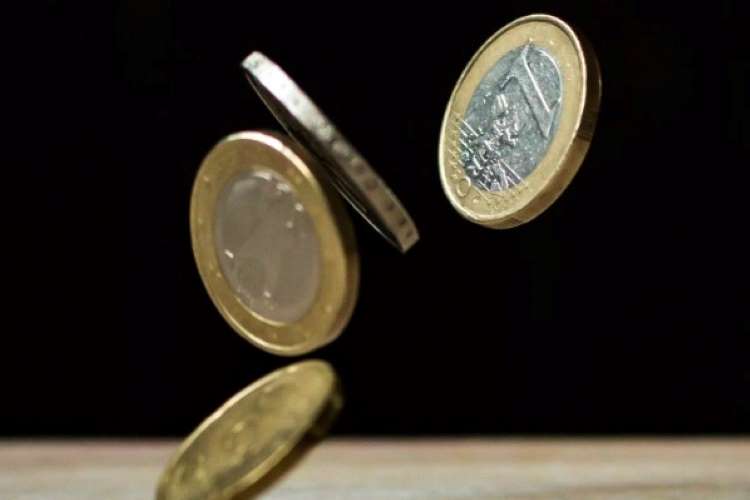
State of Indian Economy: A series of bank collapses in the US have accentuated the crisis in the global economy, but the Reserve Bank of India is confident of India’s growth prospects. The central bank believes that New Delhi is well poised to weather the global headwinds. In the latest State of the Economy article published on Tuesday, the RBI said that the economy is gathering stream and is unlikely to face major repercussions from the global financial turmoil. However, RBI’s optimism may prove facile if the banking crisis snowballs into a full-scale financial crisis leading to a global recession.
The central bank estimates that the GDP growth for the fourth quarter of the current financial year (2022-23) would be 5.3%. In the previous quarter, the Indian economy grew at 4.4% and is expected to expand by 7% for the entire fiscal year ending March 31, significantly lower that the growth rate of 9.1% in the previous fiscal. The RBI says India will be among outliers around the globe. Unlike the other major economies, the Indian economy would not slow down. It will, in fact, maintain the pace of expansion achieved in 2022-23, it said.
READ | Online dispute resolution platforms can ease case burden on courts
Given the tight financial conditions, the RBI has not denied the possibility of another rate hike in the upcoming monetary policy. In its bulletin, the bank says that the markets are bracing for tighter financial conditions which could present a trade-off between financial stability and monetary policy easing. It has also asserted that the future looks darker than it did just a few weeks ago in early February because of the worsening global conditions.
Risks for Indian economy
The bank collapses in the United States have derailed the global economic recovery from the crisis triggered by the coronavirus pandemic and then Russia-Ukraine war. The RBI has not denied negative effects of the Silicon Valley Bank collapse. However, it said that the direct impact of the recent bank collapses in the United States on economic activity in India is likely to be limited.
The country is also staring at a demand slowdown which is putting India’s stellar economic growth at risk. Falling consumer demand has now started impacting various aspects of economic growth, if high frequency macroeconomic indicators are to be believed. With rising inflation, the RBI was forced to keep raising interest rates and the series of rate hikes had a direct bearing on consumption and hence growth.
The central bank is not expected to lower interest rates in April. It needs to be seen if it will follow the US Federal Reserve’s lead by raising policy rates by 25 basis points, or will press the pause button to give a fresh impetus to growth. At a time when all major central banks across the world continue to give primacy to tackling inflation, once cannot expect the RBI to chart a different course.
Annual inflation in February eased marginally to 6.44% from 6.52% in January, and continues to stay above the central bank’s comfort band of 2-6%.
The eight high-frequency indicators tracked by Bloomberg pointed to moderating credit growth, weaker tax revenues and a rising unemployment rate. This does not exactly spell good news for the economy. Analysts believe that there are chances that a slowdown in demand will impact these indicators as manufacturing activity also expanded at a slower pace. The overall result will be slower job growth and a sluggish business environment. Among manufacturers and companies, the degree of optimism recorded in February was the lowest for seven months and is below the historical trend. This was because they didn’t expect demand to remain resilient.
Meanwhile, the government has another problem to resolve with GST revenue collections falling to Rs 1.49 lakh crore in February from Rs 1.56 lakh crore in January. While GST revenue collection in February was higher on a year-on-year basis, the sequential numbers show a declining trend. GST collections are an important measure of consumption and slowed consumption along with demand while may reduce inflation, it will ultimately lead to a slowdown in future economic growth.
Speaking of global growth, the World Bank had earlier said that the global economy will come perilously close to a recession this year due to weaker growth in the world’s top economies. These include the United States, Europe and China. In its annual report, the global institution had also slashed its forecast for global growth this year by nearly half, to just 1.7%, from its previous projection of 3%. If this turns out true, it would be the third-weakest annual expansion in three decades, behind only the deep recessions that resulted from the 2008 global financial crisis and the coronavirus pandemic in 2020.

